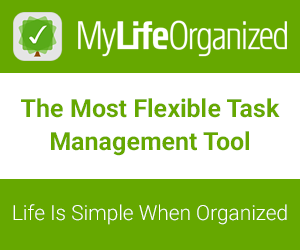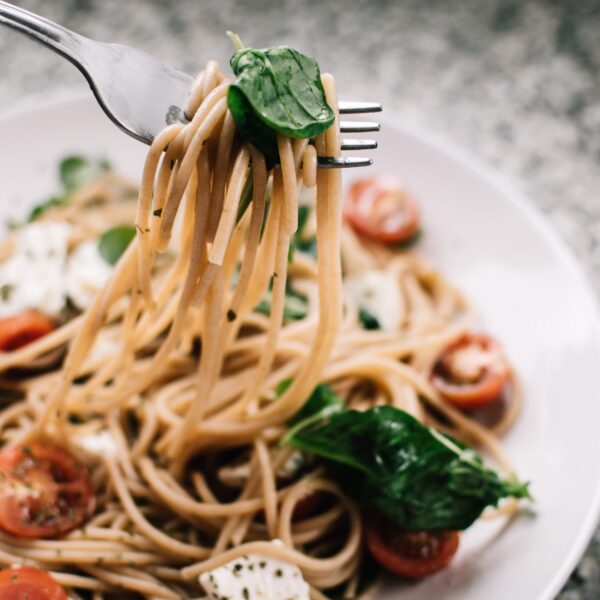The safe storage and transportation of food within the UK and beyond has always quite rightly been subject to the tightest of regulations, and the coronavirus pandemic of 2020 has given extra impetus to the need for strict hygiene.
Supply chains and working practices have been severely disrupted in some areas, leaving food storage managers having to face mounting pressures when it comes to keeping employees and stock safe.
When considering food safety procedures companies should adhere to the principles of the HACCP (Hazard Analysis and Critical Control Point) system which assists in identifying what type of hazards are likely to be encountered within any storage facility and where they are likely to come from.
In any storage environment responsible for the safety of goods which need to be kept according to stringent hygiene regulations, such as food or pharmaceuticals, the biggest threat comes from airborne particles – dust and flying or crawling insects which carry bacteria – which can be distributed as staff and machinery moving around. Measures should be taken to minimise the risk as much as possible, and one of the ways to do this is through the installation of strip curtains.
The Main Principles of Good Food Hygiene
To ensure that food products are stored safely and to prevent any problems from occurring, you must observe the central tenets, which concern cleaning, chilling and cross-contamination.
Whether food products are kept in containers, in fridges or freezers, or on open shelves, they need to be kept free from contamination. This means that all storage containers must be sterile and if they are multi-use should be sterilised between uses. Be sure to keep raw and cooked products separate from each other.
Chilled and frozen foods must be kept at the correct temperatures to avoid bacterial growth, so cold rooms, fridges and freezers must be regularly checked and serviced.
All staff who come into contact with food products and with the areas that food products are kept should be provided with the appropriate workwear, including PPE where necessary, and should wash and sanitise their hands after every contact with food products, especially when moving around in different areas. This measure is more important than ever when there is a significant outbreak of any contagious disease such as Covid-19.
The Safe Transportation of Food
In every food production factory or warehouse, products are moved around according to the stage of production or distribution, and this is a danger point for potential cross-contamination. You can significantly reduce this through the installation and strict maintenance of cold storage strip curtains to help regulate and maintain a steady temperature or antimicrobial strip curtains to reduce the incidence of bacterial contamination and growth.
Measures such as these and the aforementioned insect door curtains can ensure that food products and containers are protected as much as possible from any infiltration by contaminants.
Staff Training and Personal Hygiene
It is incumbent upon managers and employers to ensure that all personnel involved in the handling, storage and distribution of food products receive the appropriate training and that the principles learned are ongoing throughout their time with the company. This can take the form of class-based, online or on the job training. Whichever way it is done, your company reputation rests on the strict adherence to food safety regulations.
It should go without saying that the personal hygiene of all staff should conform to the highest standards when at work. This encompasses the correct use and cleaning of all work clothing along with reminders to wash hands regularly. Hand sanitiser stations should be provided throughout the work premises.
Image Credits: silviarita




Like this article? Share with your friends!